melophobia2013
70K posts
when sunday comes they expect me to shine || 20s || she/her
Don't wanna be here? Send us removal request.
Text



1950s Butch-Femme wedding, seen in Before Stonewall (1984)
#film#before stonewall: the making of a gay and lesbian community (1984)#greta schiller#robert rosenberg
8K notes
·
View notes
Text



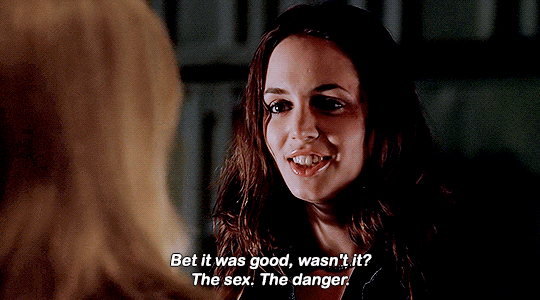
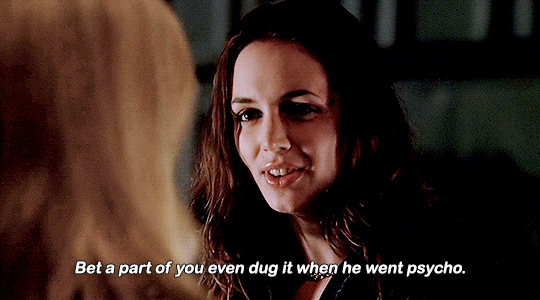




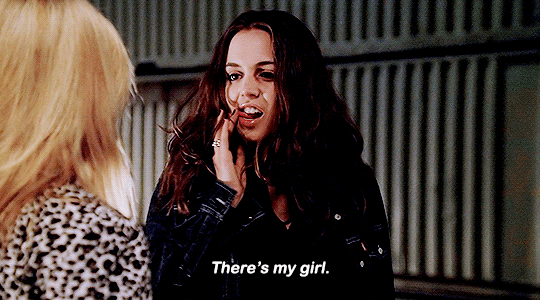
Buffy: No. I'm not gonna do this. Faith: Why not? It feels good.
Buffy the Vampire Slayer season 3 episode 15 "Consequences" (1999) dir. Michael Gershman
1K notes
·
View notes
Text
[ID: a tweet by sigh swoon (@ sighswoon) saying:
I want to hold every young girls face in my hands and say "You don't have to do any of that stuff" and energetically transmit a current of joyous transcendental autonomy to every cell in their body
/end ID]

saw this today
15K notes
·
View notes
Photo


“Attending” (1973) by Hreinn Fridfinnsson ◇ Mirror in hand reverses above and below
1K notes
·
View notes
Text


Kate Winslet on set of Eternal Sunshine of the Spotless Mind(2004)
1K notes
·
View notes
Text






What's your name? Don't you remember? I'm Eurydice. Amazing! No wonder I liked you right away. "Orpheus likes Eurydice," as the story goes.
BLACK ORPHEUS (1959) dir. Marcel Camus
559 notes
·
View notes
Text
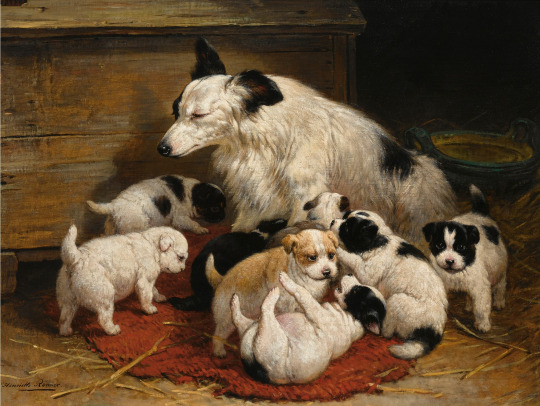
Henriëtte Ronner-Knip, A dog and her puppies
113K notes
·
View notes
Text

Horsemen of the Apocalypse (Yuri Galetsky, 1994)
2K notes
·
View notes
Text
[ID:
There's a house in the middle of a city where longing is forbidden and the sign reads:
Don't enter, I'm going to ask you to stay.
/end ID]

Mal Fawzy (@soncomplex)
14 notes
·
View notes
Text




TAI and VAN in YELLOWJACKETS (2021-) 3.05 - Did Tai Do That?
255 notes
·
View notes
Photo


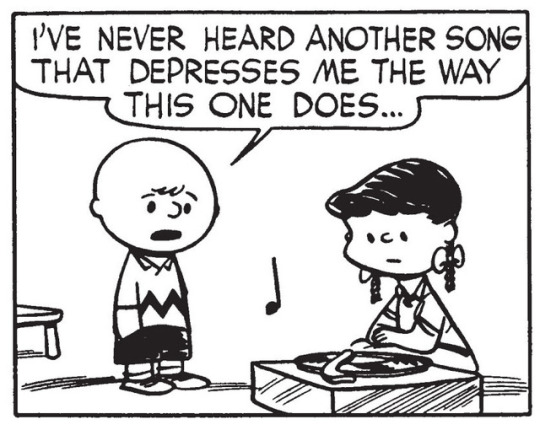
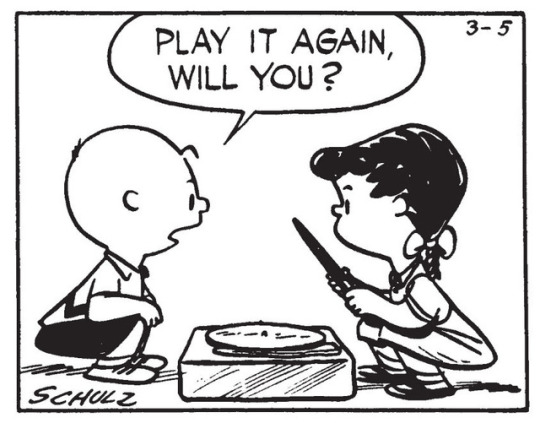
Peanuts, March 5, 1953
14K notes
·
View notes
Text
and for my next trick: delaying the inevitable
13K notes
·
View notes
Text

"I held you once...", Tathev Simonyan
1K notes
·
View notes
Text

It seems that your cheap phones are not a god given right but actually a luxury sustained by imperialist inequality after all. Mirá vos.
12K notes
·
View notes
Text

Dissolving in Light - Sasha Hartslief , 2020.
South African , b. 1974 -
Oil on canvas , 24 x 20 in. 61 x 51 cm.
2K notes
·
View notes
Text
Have you listened to HYLTTA's top albums?
In case you missed it there's a trend going around of people making list challenges for tumblr's top movies, and we thought it would be fun to do one for albums based on voting results from our polls!
This list was made by taking the top 100 albums we've run polls for with the highest combined votes for full + partial listens, arranged from lowest to highest. Thank you to you guys for submitting albums, voting in our polls, and keeping this blog going!
We don't enforce criteria for how to vote in the polls so feel free to use whatever criteria makes sense to fill out this list!
And of course, since we are a poll blog:
107 notes
·
View notes


